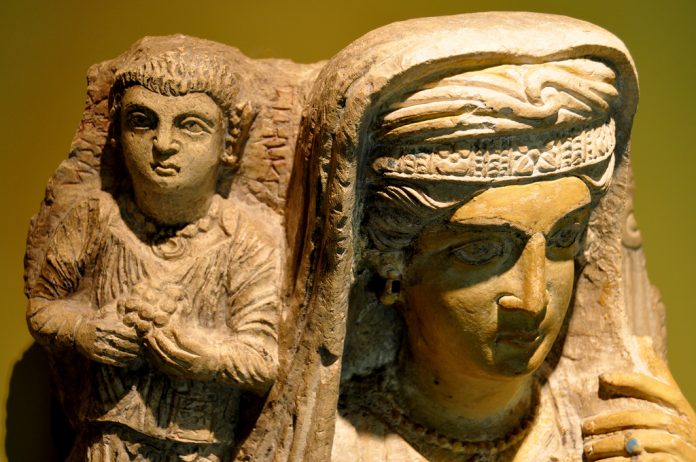The EU is protecting cultural heritage with new rules on the import of cultural goods from non-EU countries. The European Parliament and Member States reached a trialogue agreement to combat the illegal import and trafficking of cultural goods on December 11. “We are fighting terrorist financing, money laundering and are going to protect cultural heritage”, said Sabine Verheyen MEP who is the EPP Group Shadow Rapporteur in the Internal Market and Consumer Protection Committee.
The new EU regulation fills the gap in legislation for the import of cultural goods. Only two specific measures for Iraq and Syria have been in place and an export regulation for cultural goods from the EU. “Regardless of the many conflicting interests, we managed to achieve the two main objectives of the regulation: fighting illegal trade while ensuring the preservation of cultural heritage. It was crucial not to hamper the legal market of European traders, auction houses and museums”, said Santiago Fisas Ayxelà MEP, EPP Group Rapporteur of the Culture Committee’s Opinion.
The new rules provide for an import ban of illegally-exported cultural goods into the customs territory of the EU. The scope includes vulnerable goods such as products of archaeological excavations and elements of artistic or historical monuments and dismembered monument sites. Introducing a licencing system for the import of these vulnerable cultural goods that requires the proof of documentation and origin will ensure much greater protection and will hinder organised crime.
“We secured common rules on trade with third countries to ensure effective protection against the loss of cultural goods, the preservation of cultural heritage and the prevention of terrorist financing through the sale of looted cultural heritage to buyers in the EU. At the same time, we are enabling stakeholders to keep trading without barriers”, said Jarosław Wałęsa MEP, the EPP Group Shadow Rapporteur in the International Trade Committee.

